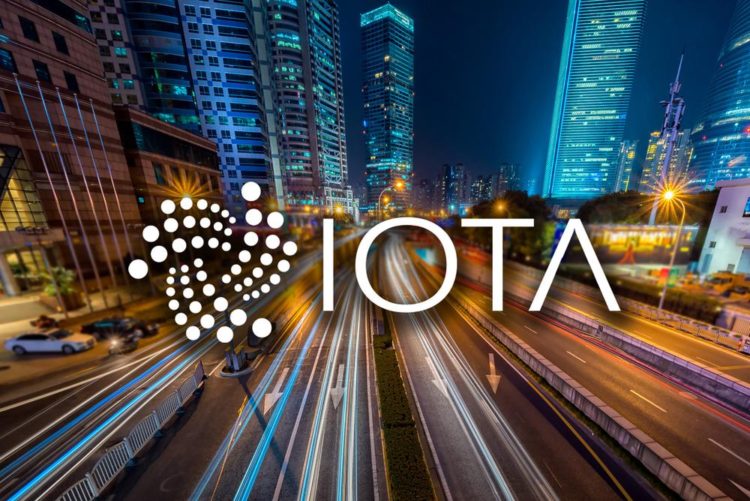- The German government is considering introducing the Ubirch-developed and IOTA-based digital vaccination passport, which has been piloted in the Altötting district.
- A decision could be made as early as this week.
As Business Insider Germany reported today, the digital proof of vaccination developed by Ubirch could soon be used throughout Germany. About a month ago, it was announced that the district of Altötting in Bavaria had launched a pilot project for a digital proof of vaccination based on the IOTA Tangle and four other blockchains, developed by Cologne-based Ubirch.
Government sources have now told Business Insider that the Altötting project may be on the shortlist for Germany and possibly all of Europe.
IOTA-based vaccination passport on the shortlist?
According to the information available to Business Insider, the German government is currently considering the introduction of a digital vaccination passport so that operators of “restaurants or gyms could only grant access to those who have been vaccinated. There could be a decision this week,” Business Insider has learned from government sources.
The sources are from the Federal Ministry of Health and the Federal Ministry of the Interior, which are looking into a nationwide rollout of a digital vaccination passport.
The plan: those who receive such a card would still be subject to Corona rules. But if, for example, restaurants or gyms are allowed to reopen, operators would be able to grant access only to those who have been vaccinated.
The model, as reported by the news portal, is said to be “a corresponding check card in the Bavarian district of Altötting (112,000 inhabitants).” The digital passport is “voluntary” and is issued free of charge to interested people after the second vaccination.
The name, date of birth, place of residence and photo of the vaccinated person, vaccine and the two vaccination dates are stored on it in encrypted form. If the vaccinated person scans the QR code, they can store the data on their smartphone. The system is tamper-proof, the county says.
However, Business Insider also reports that there is a big problem with Ubirch’s technology: a “lack of compatibility of the Altötting system with other European states.” A solution, however, is already in the works, the sources said:
A solution would be needed here, but one is being worked on. There may already be a decision on this within the federal government this week. There may be a short competition to find the best solution.
Whether Ubirch will participate in this competition remains to be seen. In any case, the company’s solution seems to have made it all the way to Berlin, and with it, IOTA. As CNF reported, Ubirch relies on 5 public blockchains to anchor the information of Ubirch’s FastChainer service: IOTA, Ethereum, Ethereum Classic and the Ethereum-based blockchains “Bloxberg” and “govdigital”.
However, with Ethereum facing huge “congestion issues” and high fees, IOTA seems to be the best choice. Speaking to CNF, a spokeswoman for Ubirch said that the company uses the IOTA Tangle because it “demonstrates high scalability and can be used without transaction costs.” This last factor, she said, was the deciding factor in the company’s choice. Furthermore, the company stated:
For Ubirch, the IOTA Tangle is characterized primarily by the comparatively high transaction rate and non-incurring transaction costs. Depending on the maximum transaction rate and transaction costs of the blockchains used, Ubirch anchors into the connected blockchains with varying frequency.
Credit: Source link












































































































































